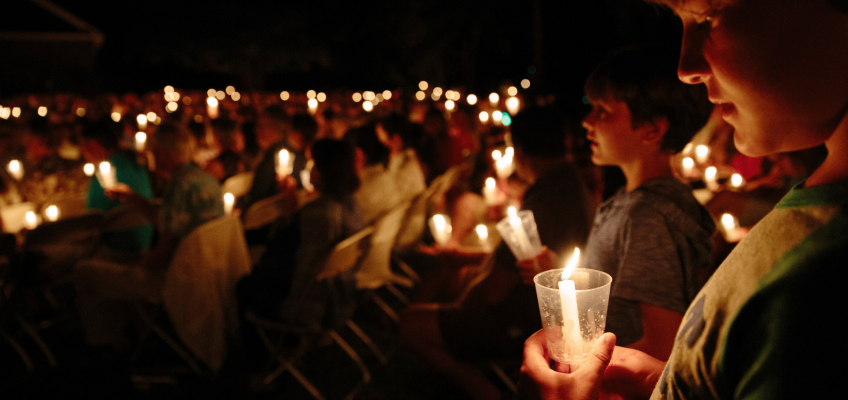In the spirit of progressive solemnity, let’s look at texts that are only sung at the most important days of the liturgical year. These texts do not accompany any ritual action because the singing of the text is the ritual.
Arguably, the most important of these is the Exsultet, sung at the Easter Vigil, the pinnacle of the liturgical year. The Exsultet is a proclamation of praise to the Father for Christ the Light symbolized in the Paschal Candle, lit for the first time that night. In the Exsultet, we recall how time and again God saved us from the darkness of death.
Material wealth and self-seeking righteousness are easy to accumulate, but they hold no currency for God. Share on XSimilar to the eucharistic prayer, in which we offer bread and wine and ourselves to the Father to be transformed by the Spirit into the Body and Blood of Christ, we offer the Paschal Candle as a “sacrifice of praise,” that we, too, may radiate Christ’s light to the world.
Because of the Exsultet’s significance, the rubrics give no option for it to be spoken; it needs to be sung! The deacon is the normative minister to lead it; the presider or a concelebrant can also lead it. But because it should be sung well, a lay cantor may sing the proclamation.
Find the directives and musical notation for the Exsultet in the Easter Vigil section of the Roman Missal, paragraphs 18–19.


Leave a Reply